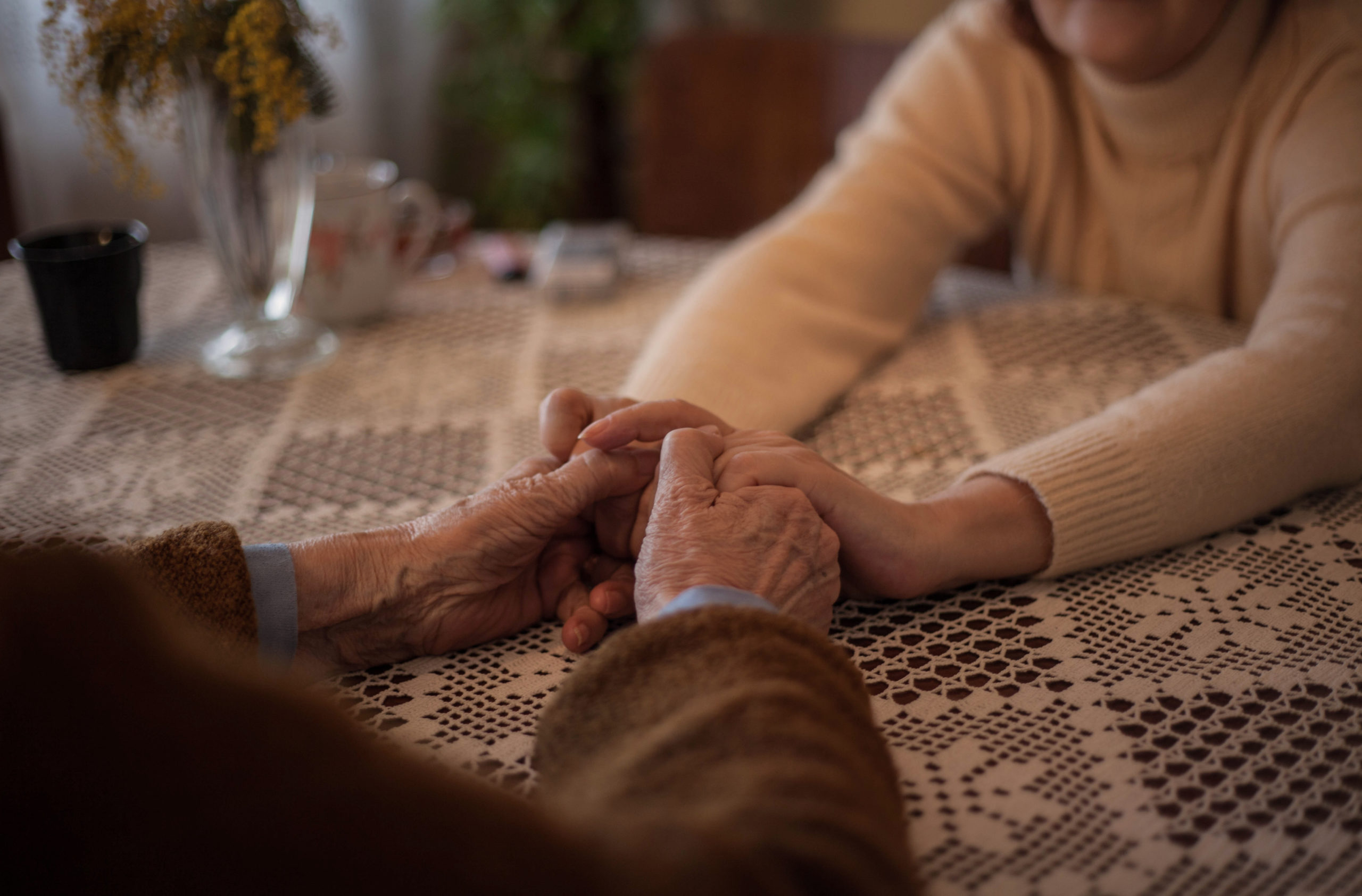The pandemic of grief

Since the onset of Covid-19, death is closer to all of us. We have witnessed on daily news bulletins the numbers of deaths called out in an unprecedented fashion. None of us want to think about death or consider the mortality of the people we love. With the added challenges of the pandemic, it is an extremely hard time for anyone who is bereaved.
The grief pandemic has been impacted in multiple, significant ways. There have been increased numbers of deaths, with 156,000 deaths in the UK with Covid-19 on the death certificate, but also those deaths have more often been sudden and unexpected. Even when it has been an expected death often close family members have not been at the bedside to hold their loved one’s hand and say a loving goodbye.
However difficult the truth is, imagining what their dying moment was like is crazy making, as our imagination is limitless. This means there is much more likely to be a complex grief which can lead to prolonged grief disorder, with 15 per cent of all psychological orders arising from unresolved grief.
Accessing support
Having the close and daily connection of people around us when someone we love has died is the single biggest influence on our outcome following a death. When a loved one dies it is the love of others that enables us to live and love again, and the earlier that is received the better. Social isolation and distancing have meant tens of thousands have been deprived of it. In a national survey, only 29 per cent of people felt adequately supported by friends and family.
Bereaved people are often suffering alone, unable to either access or receive the support they need the most. Ongoing national research shows another factor is that people are uncomfortable about asking for help despite their dire need.
We also know from research that eight to nine people are significantly affected by every death. That means that there are 1 million people in the UK who are struggling to cope with their loss. Additional difficulties due to Covid-19 are economic pressures, isolation, the heightened fear and anxiety and depleted access to services. The people who are most in need of support in our society are least likely to be able to get it. It paints a grim picture.
Complex mourning
Across the world, it is the ritual of a funeral that is a crucial step for someone grieving the death of a person in their life. It fulfils many psychological, as well as social, needs. It gives familiarity and order at a time that feels chaotic and scarily unknown. Seeing the coffin in the church or crematorium may give us that thud of shock and pain, but it is the pain we often need to face the reality of the situation, perhaps for the first time. Facing the reality of the death is the first task in mourning, and an important one. When we have no experience or memories to focus our grief on, it can make it surreal and impossible to believe, which can again, lead to a complex mourning.
There are many concrete activities we can do which can help us navigate this painful time, here are a few examples:
- Exercise: this can be short and low impact but moving your body outside is my top tip.
- Journal: write down what you feel and don’t censor it, get it out.
- Be kind to yourself and ask for the help you need.
Although we need to face the daily reality of the death of this significant person, it is important to remember that our love for them never dies. It stays alive and active inside us. Finding touchstones to their memory is how we learn to live on and rebuild our lives. We can do this by cooking their favourite recipe, wearing something of theirs, walking and talking about them with a friend or even writing them a postcard.
Covid-19 may stop us physically expressing that love, but humans are creative and adaptive when faced with impossible challenges. There will be a great deal of loss and yet I am sure I will hear of courageous new ways of overcoming these terrible difficulties in the weeks and months ahead.
While extremely tough for everyone, my fundamental belief is that we each have more wisdom and strength than we give ourselves credit for. If we listen to and trust our instincts, we will find a way to navigate and come through this new and frightening landscape. The quality of our relationships determines the quality of our lives. If we can make a determined effort to be both self-compassionate and compassionate to one another, we can support each other through this challenging time.
Finding ways to express our grief is key – as a source to support you to do this please look at http://www.griefworkscourse.com/
